Reasons for the TC's support for amnesty: the independence process in Catalonia was a "paradigmatic case of political crisis"
The Constitution has unsurprisingly rejected the appeal lodged by the PP, but the resolution contains some new developments, including strengthening the argument justifying the amnesty.
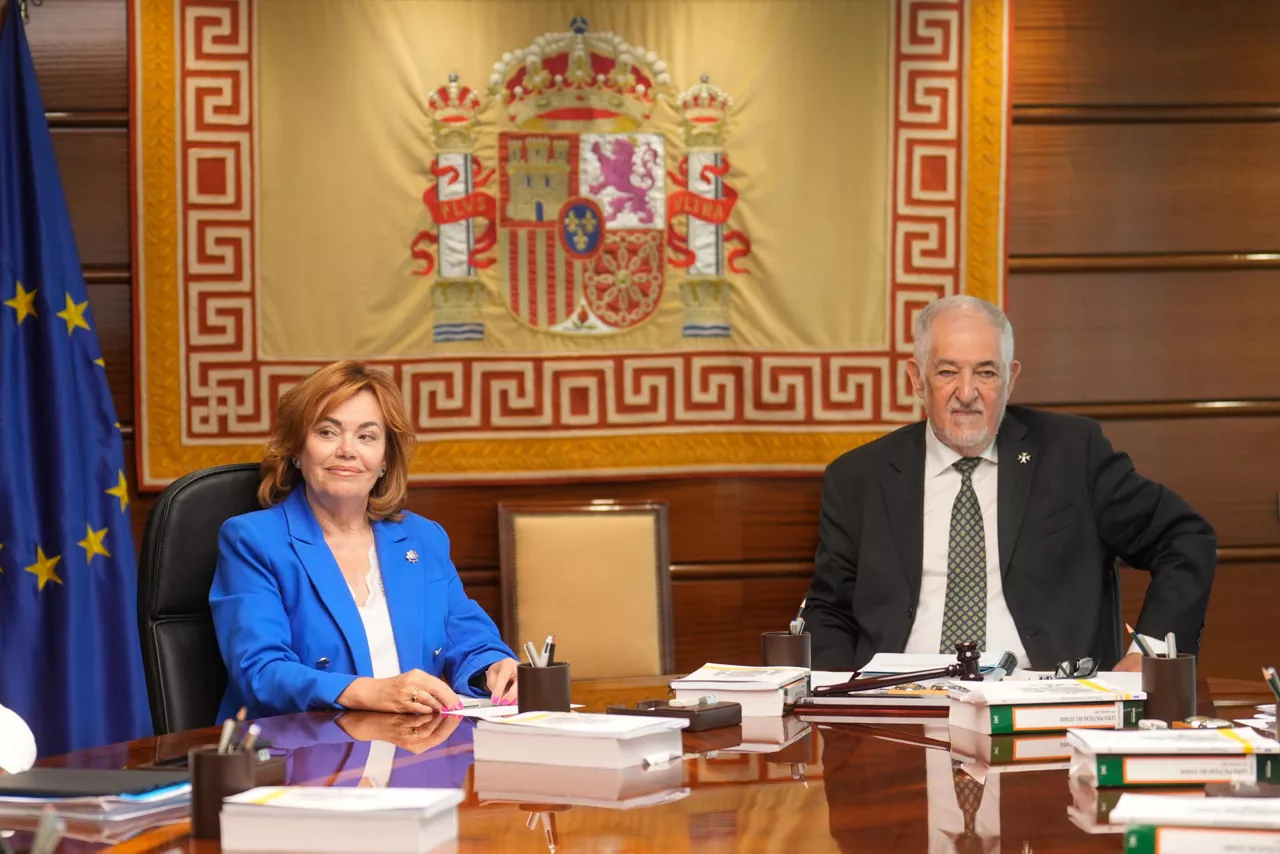
Candide Conde Pumpido and Immaculada Montalbán, president and vice president of the Constitutional Court, respectively.
The Constitutional Court today approved the ruling grantingprotectiontotheAmnesty Act , which introduces a deeper analysis of the arguments contained in the draft judgment to conclude that the law "is not a whim". In this regard, the majority of constitutional judges consider the independence process in Catalonia to be a "paradigmatic case of political-constitutional crisis".
The plenary has unsurprisingly dismissed the constitutional complaint filed by the PP and has accepted almost without change the report drafted by the Vice-President of the Constitutional Court, Immaculate Montalbán. The President of the Court, Candide Conde-Pumpido, described the report as "excellent" at the beginning of the deliberations.
However, the resolution contains a number of new developments, including the consolidation of the reasoning justifying the amnesty of the independence process in Catalonia, in contrast to the PP's arguments that it seeks to achieve a "hidden objective" of "paying for a political agreement that has nothing to do with any purpose of general interest and is only intended to facilitate the investiture of the candidate for the Presidency of the Government".
He doesn't want to value political motivations.
The 205 page ruling recognizes that the Constitutional Court is aware of "the special circumstances in which the amnesty law was passed" and that there is an "express connection" between the adoption of the law and the "investiture of a candidate for the Presidency of the Government".
In this regard, he has stated that "it is clear that every law is, after all, the result of treaties that can serve the immediate means and objectives of political negotiation and agreement".
"This Court neither protects nor condemns such conduct, since it is not its function. It is responsible for examining the law and determining, on the basis of its content, whether there is a legitimate purpose and justification in the general interest."
In this regard, he has made it clear that "an exercise in political realism cannot be expected from this court to investigate and assess underlying political facts which would ultimately explain the intentions of the Members who voted in favour of the law." "The will of the legislator cannot be confused with that of each Member of Parliament," he has stressed.
Auzitegi Konstituzionala
The will of the legislator cannot be confused with that of every parliamentarian.
"It is not under our control to investigate and assess the underlying political facts that may explain the intentions of parliamentarians who voted in favour of the amnesty law," the report says.
It therefore refuses to assess political motivations and makes its analysis "in order to verify whether this decision responds to exceptional circumstances which the legal system cannot resolve with ordinary instruments".

Exceptional situation
To carry out this analysis, the amnesty has been based on the preamble to the law, stating that "the exceptional situation recognized by organic law is to increase the Catalan secessionist process".
It stresses that "the holding of the second referendum in October 2017 and the proclamation of Catalonia's independence led to the implementation of the measures provided for in Article 155 of the Constitution — for the first time during its validity — and that the State assumed the functions of government in the Community".
According to the judgement, "the events experienced during this period constitute the paradigm of the political-constitutional crisis in which the primacy of the Constitution and the unity of the State, in addition to the integrity of the political subject of sovereignty, the Spanish people, the form of State and Government, were compromised".
The organization reiterates that "as a result of these acts, criminal proceedings were instituted and sanctions imposed to hold accountable those who committed unlawful acts, some of which are still being prosecuted and pending a decision by the courts".
To this must be added that "this constitutional crisis caused a profound social breakdown in Catalonia, affecting the coexistence of citizens, creating extremist antagonisms, dividing society and ultimately compromising the political stability of Catalonia and Spain".
You might like
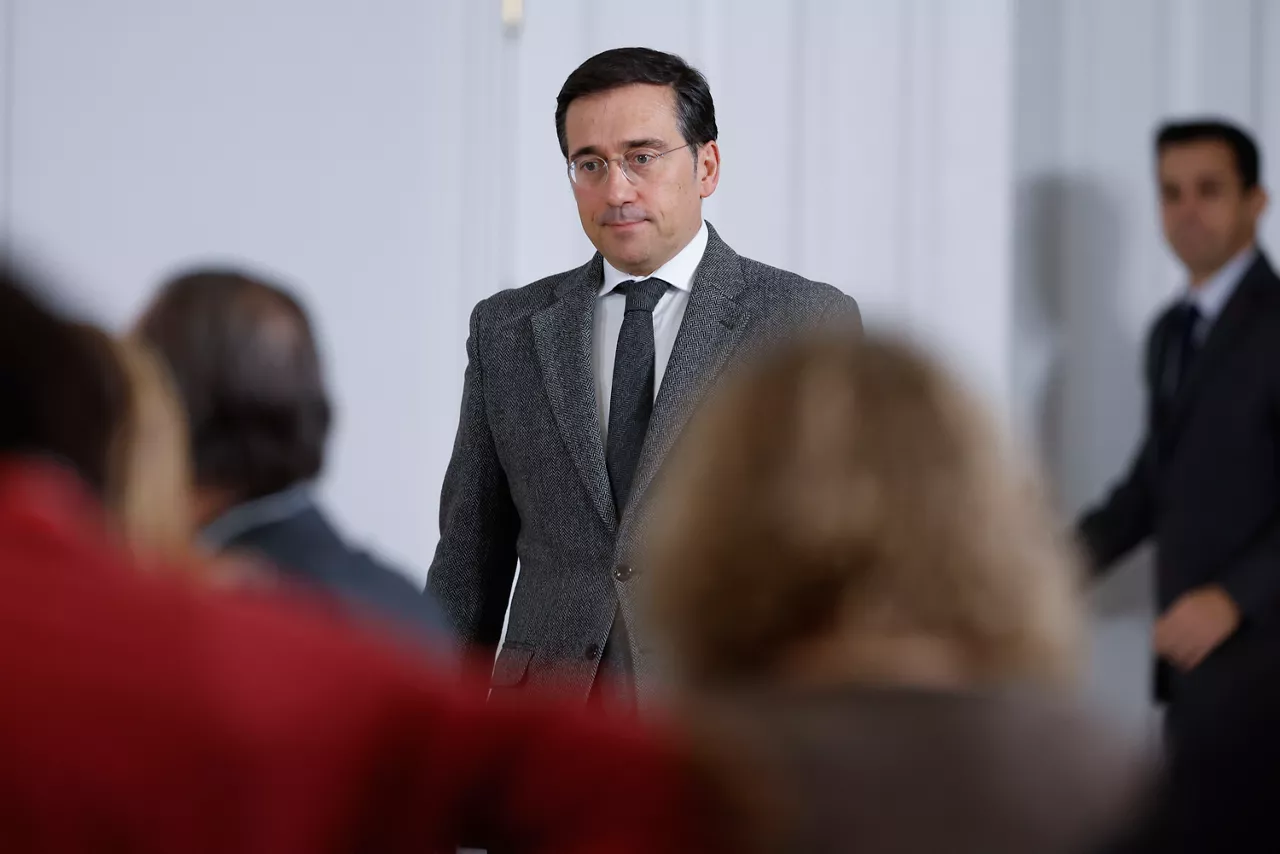
The Spanish Government denies any cooperation with the US Army
White House spokeswoman Karoline Leavitt said this afternoon that the Spanish Government is ready to work with the US Army.
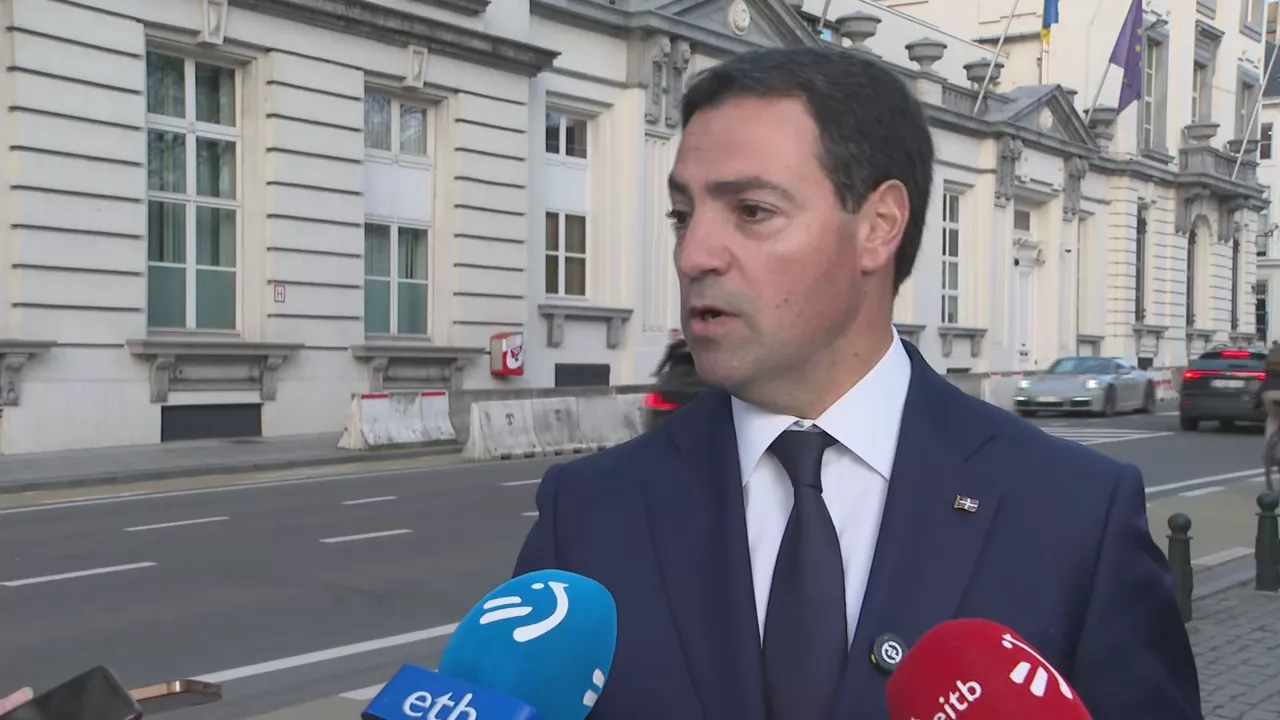
The lehendakari says Belgium is "an ally" in various fields for the Basque Country
The President, Imanol Pradales, met today in Brussels with Belgian Prime Minister Bart De Wever, who sees possibilities for cooperation between the two countries in various areas, including industry, the official status of the Basque Country and the Atlantic Macroregion.

The trial against Abalos and Koldo will begin on April 7 at the Supreme Court
They shall be tried for alleged offences of bribery, trafficking in influence, embezzlement, criminal organization, use and use of insider information, falsehood and prevarication.
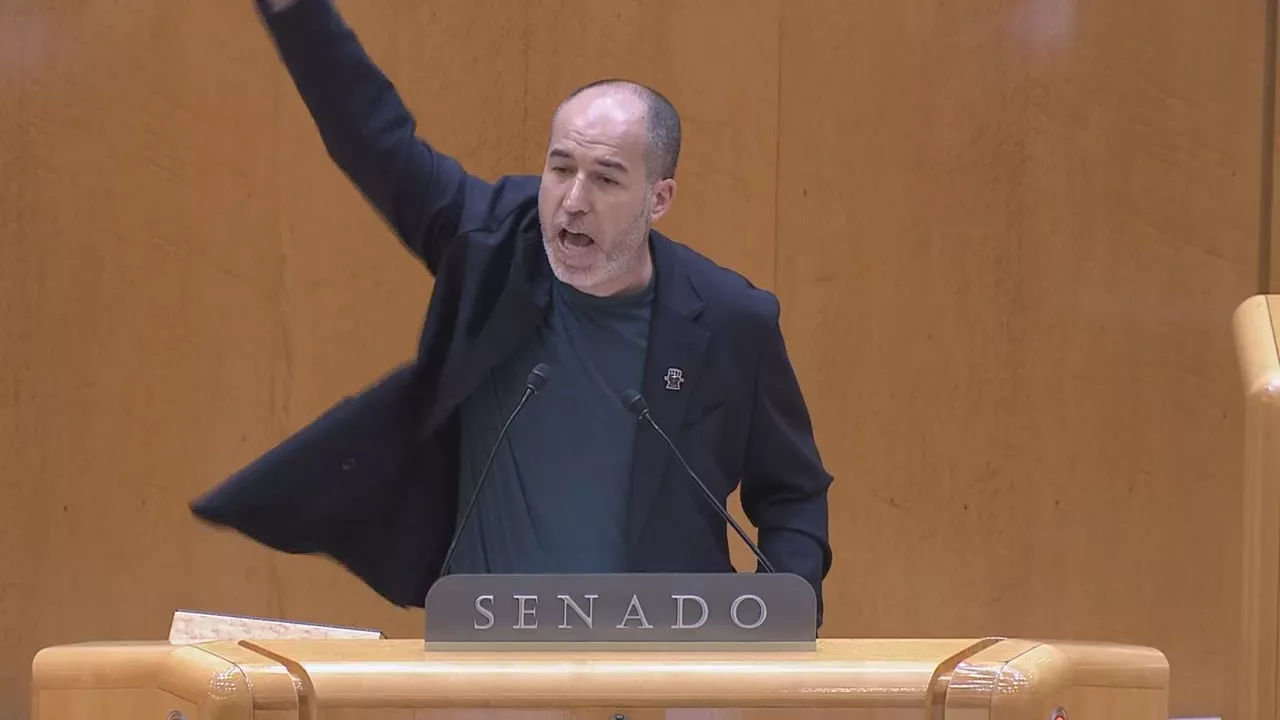
The Senate has condemned the recognition of the state's role in the 1976 massacre in Vitoria, in a fierce debate
Tension has heightened when EH Bildu Senator Josu Estarrona, looking at the PP chair and with his fist held high, said, "We are the grandchildren of the workers you couldn't kill!" Javier Arenas (PP) has asked the Presidency to withdraw Estarrona's phrase, and Senate Vice President Javier Maroto has proved him right.
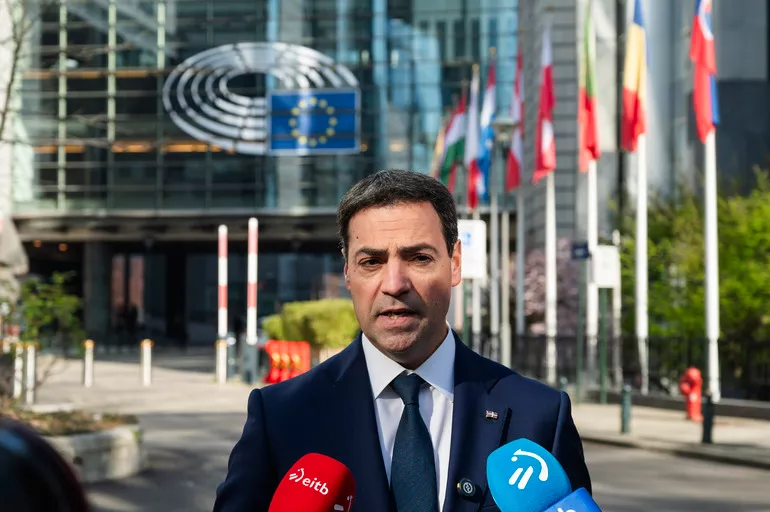
Pradales has urged the EU to work "from unity" in de-escalating the conflict between the US and Iran
The President, Imanol Pradales, has urged the European Union to work "from unity and with one voice" in de-escalating the conflict between the United States and Iran, and to agree beforehand on differences between states because "division in Europe is not positive."

Feijóo meets with Aitor Esteban: "I like the Gernika Statute as it is"
The President of the PP has stated that he is concerned about the reform that is supposed to be "signed by Bildu." PNV sources, for their part, have confirmed to EITB the meeting of the two leaders. They have indicated that they usually hold meetings "with all democratic parties" and have not given details of its content.
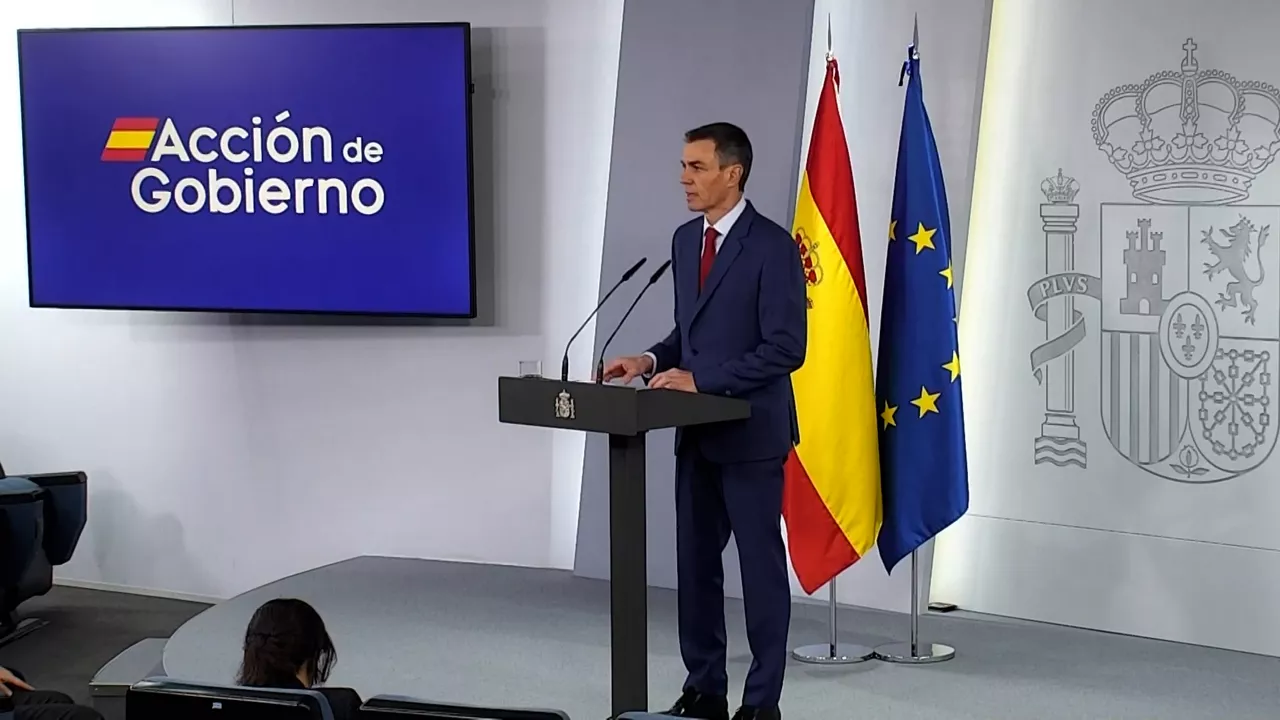
Sanchez's appearance in five headlines
Pedro Sanchez recovers the slogan "No to war" that became popular with the invasion of Iraq in 2003 in the face of the conflict in the Middle East and warns that Spain will not be complicit in anything bad for the world, for fear of reprisals by some, alluding to Donald Trump.
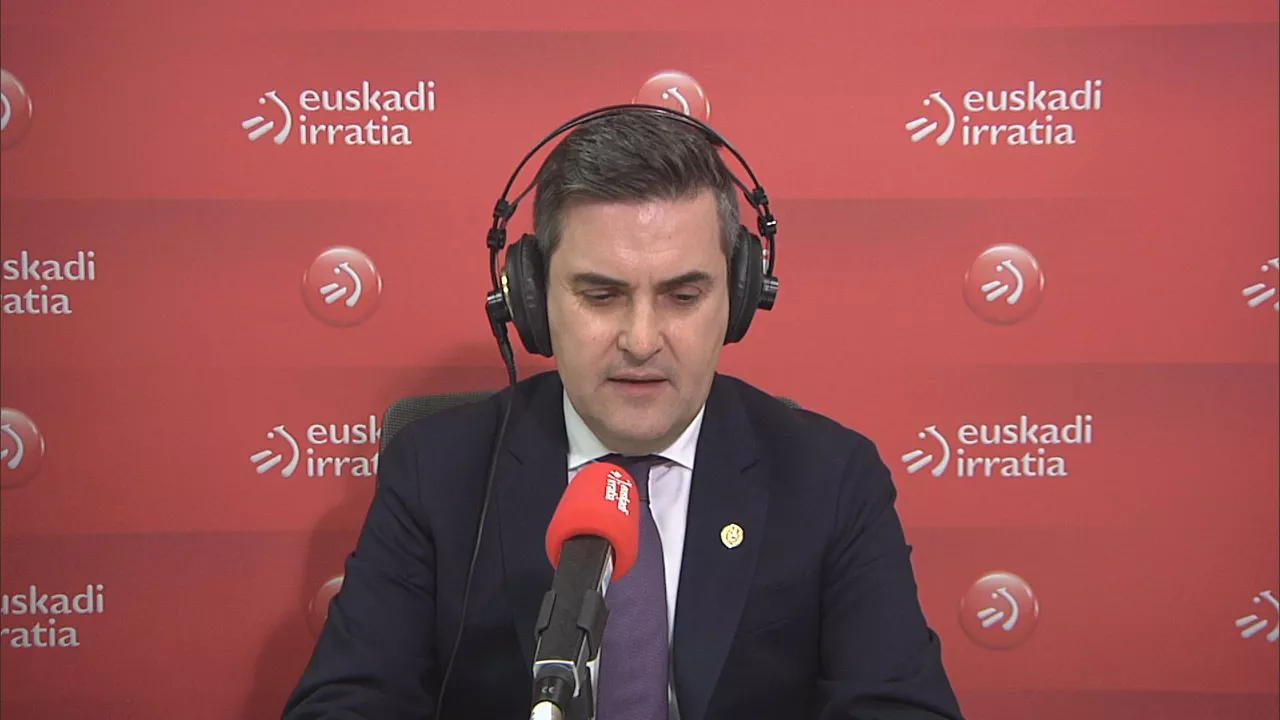
Jáuregui believes Trump would have "difficulty" in cutting off trade relations with Spain because Europe is "the only market."
The Minister of Industry, Energy Transition and Sustainability of the Basque Government, Mikel Jauregi, has stated in Euskadi Irratia that Trump would have "difficulties" in applying the trade blockade to Spain because Europe is "a single market." He has stressed that Europe's strength is "in unity." Hala
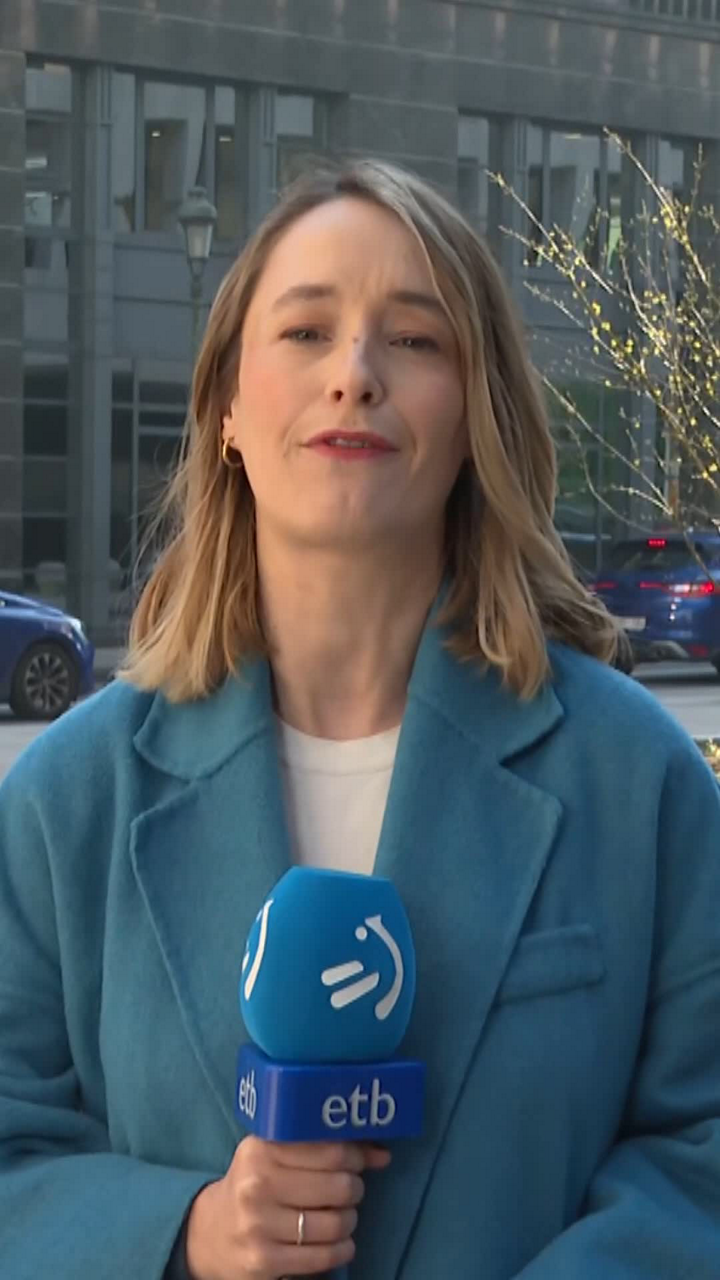
"President Pradales has several issues on his agenda to address in Brussels."
Garazi Ayesta stresses that the industry will play a key role in the lehendakari's visit to Brussels. In the afternoon, he will meet with the Belgian Prime Minister and is expected to put the Euskera on the table as an official in the European institutions.
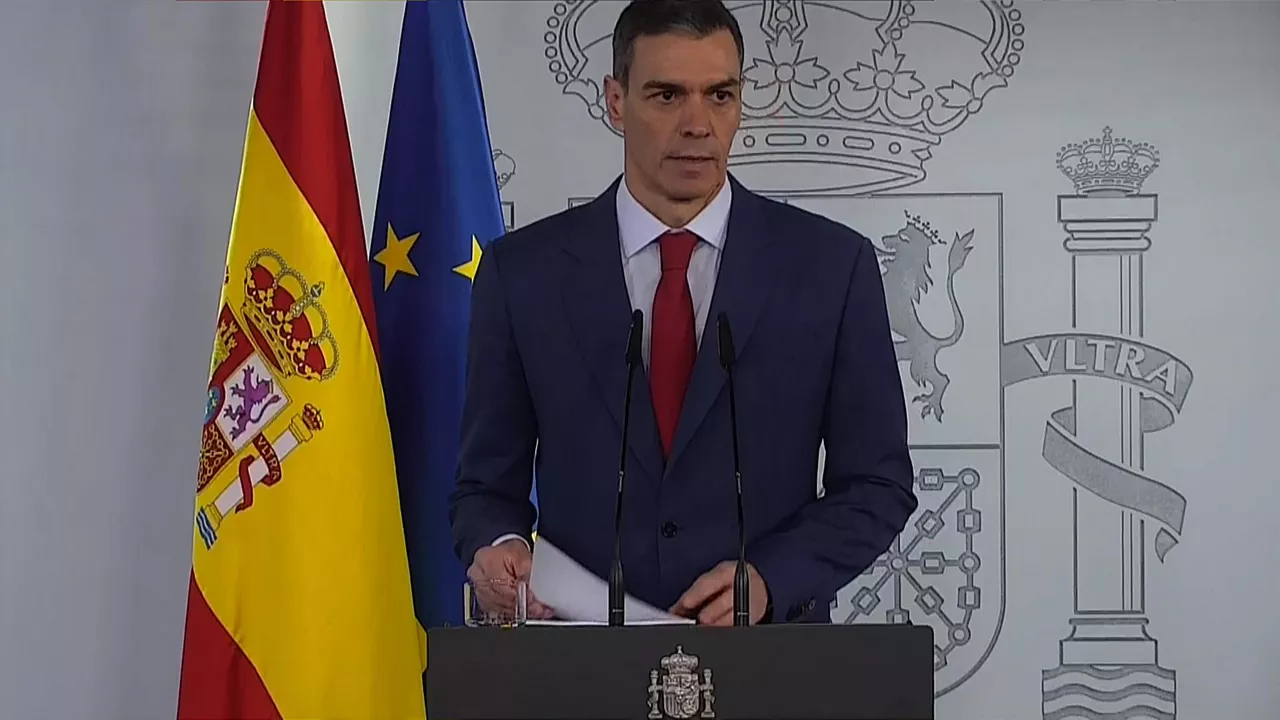
Sanchez: 'No to war' summarizes the Government's position
The President of the Government, Pedro Sanchez, has assured us that the Government's position on the war conflict in the Middle East caused by the US and Israel attacks on Iran is summarised in two words, "No to war," a slogan that was circulated simultaneously in connection with the 2003 Iraq war.

